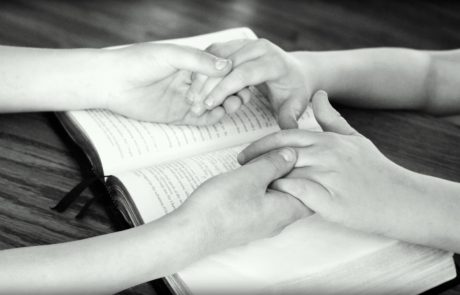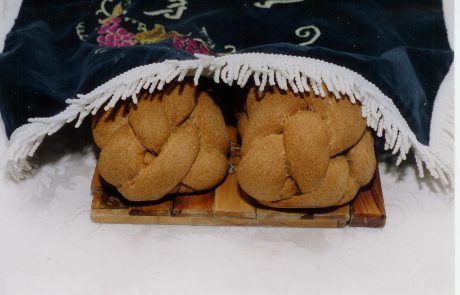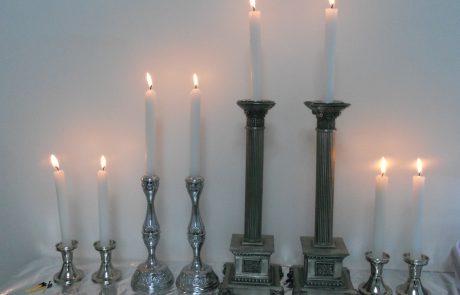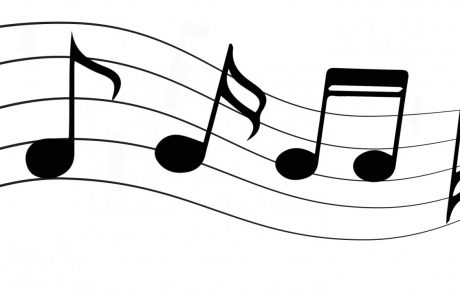Archive for 2017
Friday Night & Beyond: Insights on the Blessing Over the Children (Plus Text & Audio)
This thorough excerpt from “Friday Night and Beyond” by Lori Palatnik explains the biblical origins of the ritual blessing over the children on Friday night, as well as a practical how-to guide for parents, complete
General Blessing for Loved Ones
This general blessing can be said for any friend or loved one at the Shabbat table or, in fact, at any time. All or parts of it may be used instead of our in conjunction
Modernizing Birkat HaMotzi: A Feminist Spiritual Approach
This excerpt from Marcia Falk’s “The Book of Blessings” discusses both the significance of Birkat HaMotzi (the blessing over the bread) as a symbol of community, and offers a modernization of the blessing that can be
Why We Cover the Bread During HaMotzi
This article from Chabad.org provides biblical, Talmudic and halachic reasons for the custom of covering the challah before and during the HaMotzi blessing. In practice, the Shabbat challah is covered from the beginning of the Kiddush (blessing
The Origins of Ritual Hand-Washing In Jewish Thought
In this excerpt, Chaviva Gordon-Bennett provides an overview of the origins and significance of the different Jewish hand washing rituals, including washing the hands before eating bread. With supporting texts from the Torah (Bible), Talmud, and
A Multi-Generational Blessing Over the Children
This post describes the way in which one family includes all four generations present at their Shabbat table when performing the blessing over the children. Dale Schatz writes how each generation blesses the
Shabbat Candle Lighting: An Introduction
The following article briefly explains the basic structure of the candle lighting ceremony and some related customs, including the text of the blessing in Hebrew, English translation and transliteration. The post was written
Shabbat Sweet: A Unique Melody for Shabbat Candle Lighting
In this video, Billy Kaplan offers a unique rendition of the blessing over the Shabbat candles (starting at 1:05), including a post-blessing message of hope. In his blessing, the singer replaces the name
“If I Let It” – Poem Preceding Shabbat Candle Lighting
This short poem by Trisha Arlin provides a “kavanah,” – a direction in which to focus one’s attention – to be utilized when welcoming Shabbat. The poem mentions many ways in which Shabbat can
Tzur Mishelo Akhalnu
This poem parallels in rhyme each of the four standard blessings in Bircat Ha-mazon (Grace after Meals). Thus it became a table song, and later a Shabbat zemer, although it makes no explicit










